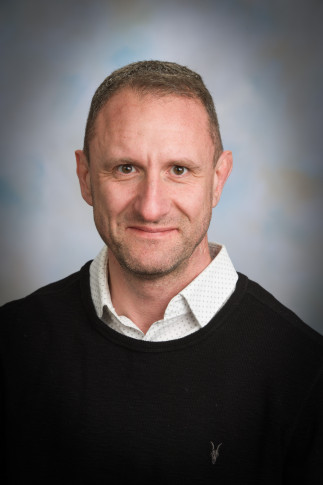Titre : Selective Functionalization of Pyridines, Diazines and Pharmaceuticals via Unconventional Intermediates
Heure : 11h00
Local : A-3521.1, Campus MIL
________________________________________________________
Abstract: Pyridines and diazines are ubiquitous in pharmaceuticals and agrochemicals, yet there are limits in synthetic methods that can directly functionalize the C–H bonds in these structures. We will show two distinct approaches, using phosphorus and ring-opened intermediates, that enable selective functionalization of these heterocycles into a range of valuable derivatives. A range of C–C and C–Heteroatom bond formations are viable, and the chemistry functions on structures typically encountered in drug discovery programs. Our lab has also performed mechanistic and computational studies of the regioselectivity of these reactions and the phosphorus ligand-coupling processes involved.
Bio: Andrew McNally grew up in Liverpool in the United Kingdom. He gained his undergraduate degree from the University of Cambridge and completed his final year project in Professor Ian Paterson’s group. Andrew stayed in Cambridge for his PhD studies as part of the inaugural class in Professor Matthew Gaunt’s laboratory. He gained a Marie Curie International Outgoing Fellowship and moved to Princeton University to work in Professor David MacMillan’s group as a postdoctoral researcher. For the return phase of the fellowship, he returned to Cambridge to Professor Gaunt’s laboratory and worked on the C–H activation reactions of aliphatic amines. He began his independent career in 2014 at Colorado State University and is currently an Associate Professor and the Albert I. Meyers Chair in Organic Chemistry. His research group focuses on developing new reactions in heterocyclic chemistry using main group elements and via dearomatized intermediates.

